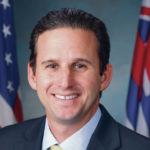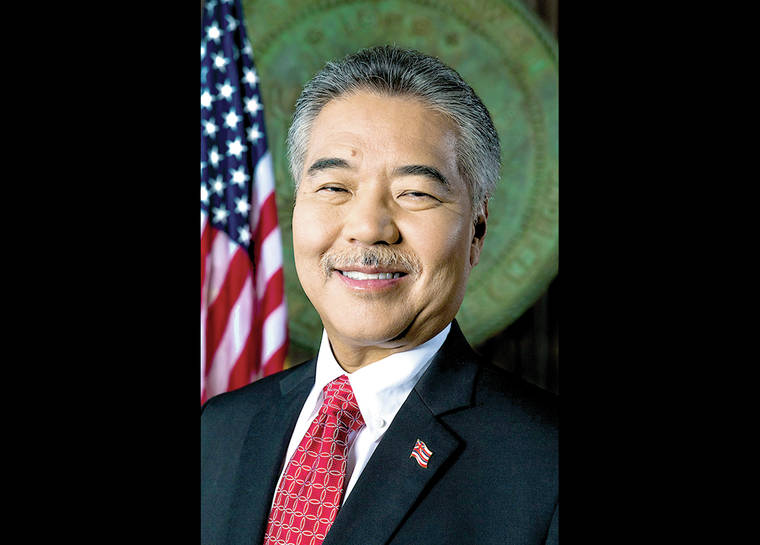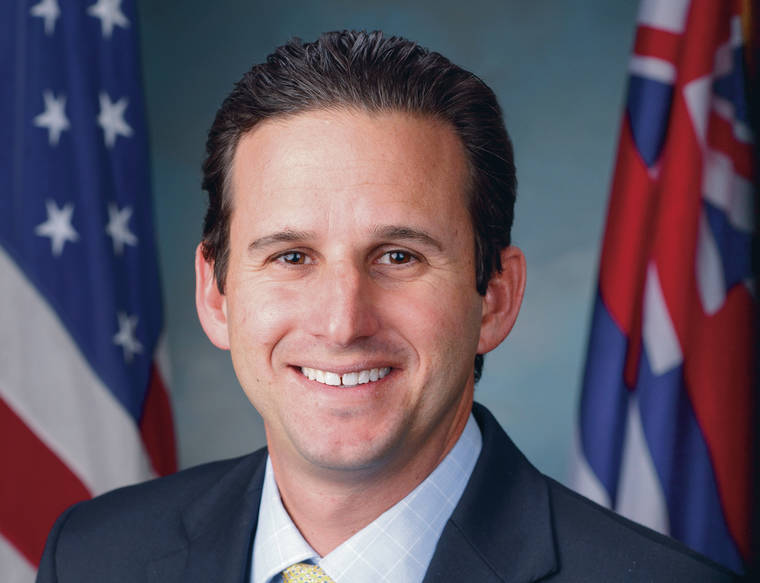U.S. Sen. Brian Schatz on Tuesday urged Gov. David Ige to maintain Hawaii’s expanded COVID-19 contact tracing program as some federal coronavirus relief funding is set to expire.
In a Dec. 1 letter to the governor, Schatz, a Hawaii Democrat, said that contact tracing is an important component in an overall strategy to mitigate the spread of the novel coronavirus.
“As you know, I was frustrated with the Department of Health’s initial reluctance to implement a robust contact tracing program, but I have been encouraged by the ramp-up of hiring and efforts to improve the efficiency of the program in recent months,” he wrote.
But some federal funding that has supported the staffing increases can only be used for costs incurred until Dec. 30.
“I am alarmed that there does not seem to be a plan yet for how to fully fund the contact tracing program after Dec. 30,” Schatz said. “I urge you to maintain the expanded contact tracing program beyond the end of the year and to utilize all available resources to do so.
“Now is not the time to let our foot off the pedal — we must do all we can to keep the number of new cases low and protect the health of the residents of Hawaii.”
During a livestream with the Honolulu Star-Advertiser on Monday, Ige said additional federal coronavirus relief wasn’t anticipated before the end of the year.
“We are looking at, based on the assumption we don’t get any further federal assistance, about what level of National Guard support we can continue to spend on,” he said. “We also are looking at contact tracing and testing as really primary responsibilities.”
The state also would have to fund screening activities at airports if more federal money is not available.
“Probably in the next two weeks, we’ll have a better idea about the things that the state will just pick up the tabs for, because we know that it’s critical to the pandemic response, regardless of whether there’s federal assistance.”
Meanwhile, on the Big Island, coronavirus tests for arriving travelers could end as a new mayoral administration takes charge of the county and the deadline for federal virus recovery funding is reached, the Associated Press reported Tuesday.
Hawaii County has tested community members and arriving travelers for COVID-19, but the programs could change depending on available funding.
“A lot of things that have been happening with COVID have been guided by the CARES Act funds, and those funds have to be spent by Dec. 31,” Hawaii Island Mayor-elect Mitch Roth said in the AP story.
Some state government leaders have asked President Donald Trump and Congress to extend the Dec. 30 deadline for spending virus relief money already allocated under the CARES Act, which was approved in March, and to provide more federal funding to deal with the consequences of the latest surge.
Roth said there is other funding available for community testing that will likely continue, but traveler testing is conducted by county or contracted employees, with the costs covered by federal funding.
“We’d like to continue that, and so we’re looking at ways of continuing that, but we don’t have the funds to do it. That may come to an end,” Roth said.
Most of the county’s budget revenue comes from from property taxes. Roth said about $19 million to $20 million from the Transient Accommodations Tax will be will not be collected because of decreased tourism.
Roth said his financial recovery plans include putting people back to work safely and streamlining the permitting process.
“One of the big problems is Hawaii has been so anti-business,” Roth said. “We need to change that to help our businesses succeed. And when our businesses are succeeding, that means they’re going to be employing people.”
Email Stephanie Salmons at ssalmons@hawaiitribune-herald.com.









